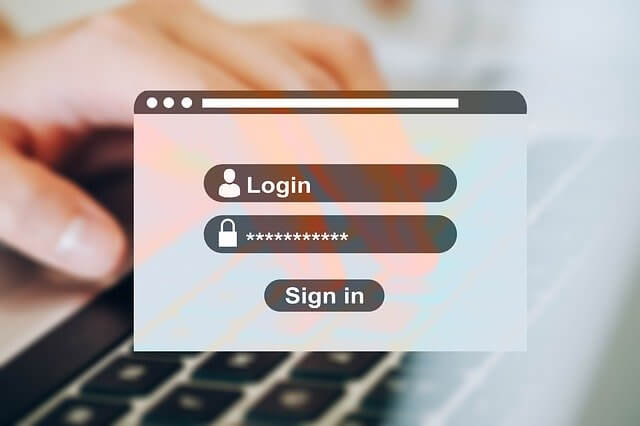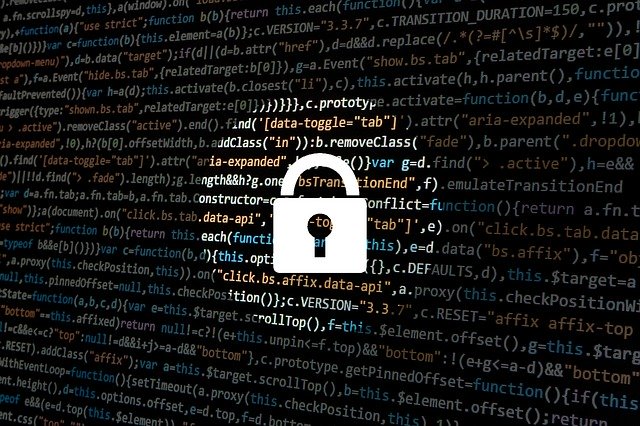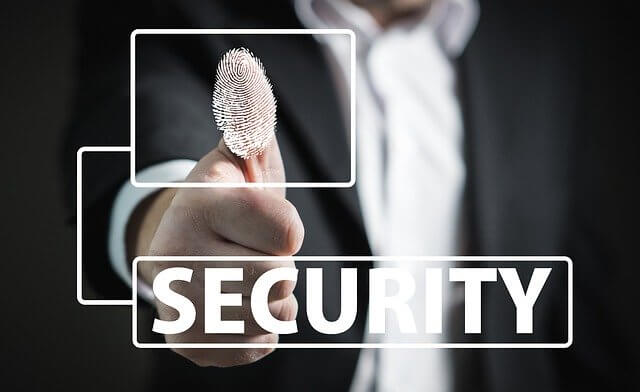Latest Tips for Creating Strong Password for Social Media
If you can protect your details by using a strong password creator, a compact security set, and basic common sense. Creating a secure password is important because, our whole life is nowadays spent in the digital world: banking, social media, shopping, email, and more. Here, some tips to create a password that helps to create a unique and strong password.
What is password?
A password is a cord of elements used for authenticating a user on a computer system. For example, you may have an account on your computer that needs you to log in. For accessing your account, you must provide a valid username and password. This combination is often assigned as a login. While usernames are commonly public data, passwords are private to each user. Fixing strong passwords is the most important task.
As a result, you may be using one accurate password even though you know it’s unsafe and that if it gets arranged all of your web data is exposed. Or you use multiple passwords, but they are all simple words or that is something related to your life which is very easy to guess. So, set a password safe and easy.

Characteristics of a strong password
The more tips to create a password, the greater the number of possible consolidations. That equates to more work for the Hacker to crack your password, so expanding the character set used is essential when creating a password.
- At least 8 characters.
- A combination of both uppercase and lowercase letters.
- An amalgamation of letters and numbers.
- Add at least one special character, e.g.,! @ # ? ].
Note: don’t use < or> in your password, as both can cause problems in Web browsers.

A strong password is tough to guess, but it should be easy for you to remember—a password that has to be written down is not tough, no matter how many of the above elements are employed. Not sure, all systems support a password with the characteristics, please note that other systems may have a limit on the number of characters, or may not allow special characters. The Hackers toolset includes a dictionary hacking utility that uses an English dictionary list to easily find words encompass in that dictionary, and if the easy word search doesn’t bring results, the tool will likely try other redundancy of the same word with numbers.
Tips to create a password
Below some tips to create a password that helps to create a unique and strong password.

Make your password long
Hackers use several methods for trying to enter your accounts. The most fundamental way is to personally focus you and mainly type in letters, numbers, and symbols to guess your password. By using the “brute force attack” technique, a computer program runs through every possible mixture of letters, numbers, and symbols as fast as possible to crack your password. It is the most advanced method. The longer password is taken the time and it is not easy to crack. It is the main point to make your password safe.
Make your password a nonsense phrase
Long passwords are better. The choice of password is not in the dictionary, your group of words is not in published literature, and incorrect grammatically, that will be harder to crack. Also do not use consecutive numbers on a keyboard.
Do not reuse passwords
When hackers finish large-scale hacks, as they have recently complete with popular email servers, the lists of negotiated email addresses and passwords are often discharged online. If your account is negotiated and you use this email address and password merger across various sites, your data can be easily used to get into any of these other accounts. Use unique and innovative passwords for all your important data files.
Keep your password under wraps
Don’t provide your passwords to anyone else. If you’re accumulating a list of your passwords, a password hint sheet—on your computer like document file, name of the file something indiscriminate so it isn’t a comatose giveaway to eavesdroppers.
Use different passwords on different accounts
use the different passwords for everything. If a hacker cracks it, then all of the data protected by that password on other accounts could also be negotiated. Use a password generator that will help you to create a unique password.
Don’t write them down
When you type your password in a public setting, make sure no one is looking over your shoulder.
To collect and remember passwords securely by using a tool that keeps your list of usernames and passwords in encrypted form. Some of these tools, called password managers, and help by automatically filling in the data for you on some websites.
Change passwords on a regular basis
The more conscious your data is, the more often you should change your password. Once it is changed, you should avoid using that same password after a very long time. Passwords for your financial accounts should be changed every month or two months once. Computer login passwords also changed at least once a quarter.
Benefits for fixing strong password
- Today, most of the employees work from home, attend virtual conferences, and even complete college courses on websites protected by passwords. If your password is strong, no unauthorized can enter and make changes to your data.
- If you have a strong password, no hacker crack it. Your online account becomes fully safe and secured.
- For decreasing the risk of the intelligent world, and hidden keystroke loggers, it is significant to charge requirements for minimum password lengths and inclusion of special characters, and to change online passwords periodically. All these activities make your passwords strong.
- Hence the passwords have to be strong and complex one such that it follows the password policy better practices. The password should not be a phone number or account name or pet name. Also, it is informed that the password created should not be the same as that of the previous set password this allows the enhanced secured mode of operation.
Conclusion
Passwords are very important for managing data. May this blog will help you to create a password and clear knowledge about password settings.









